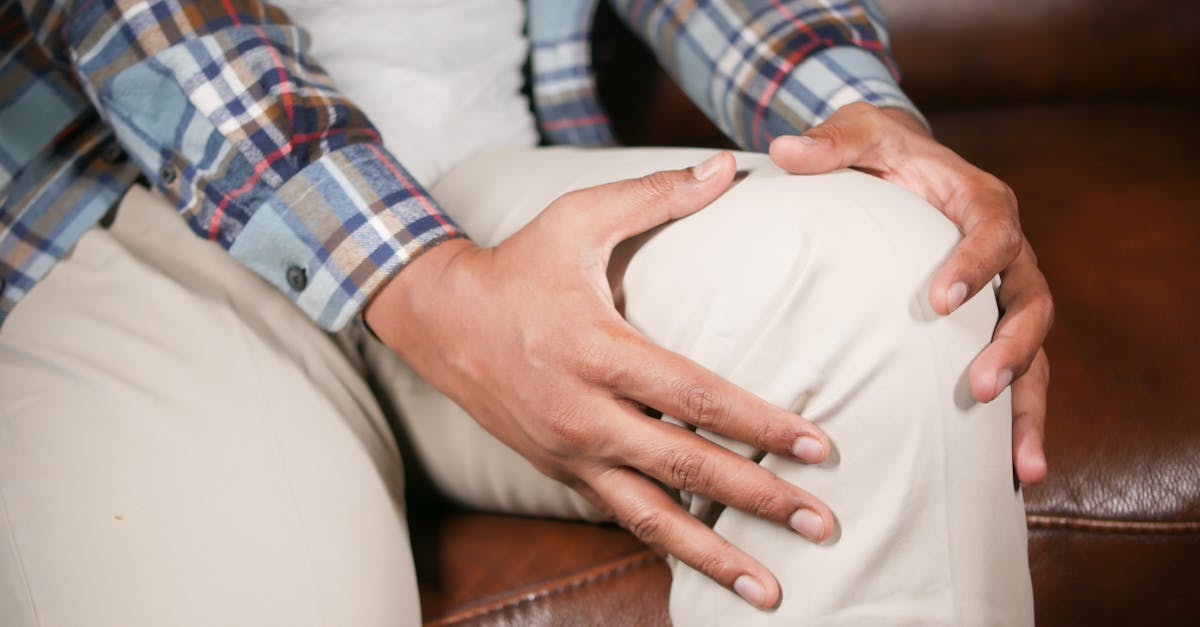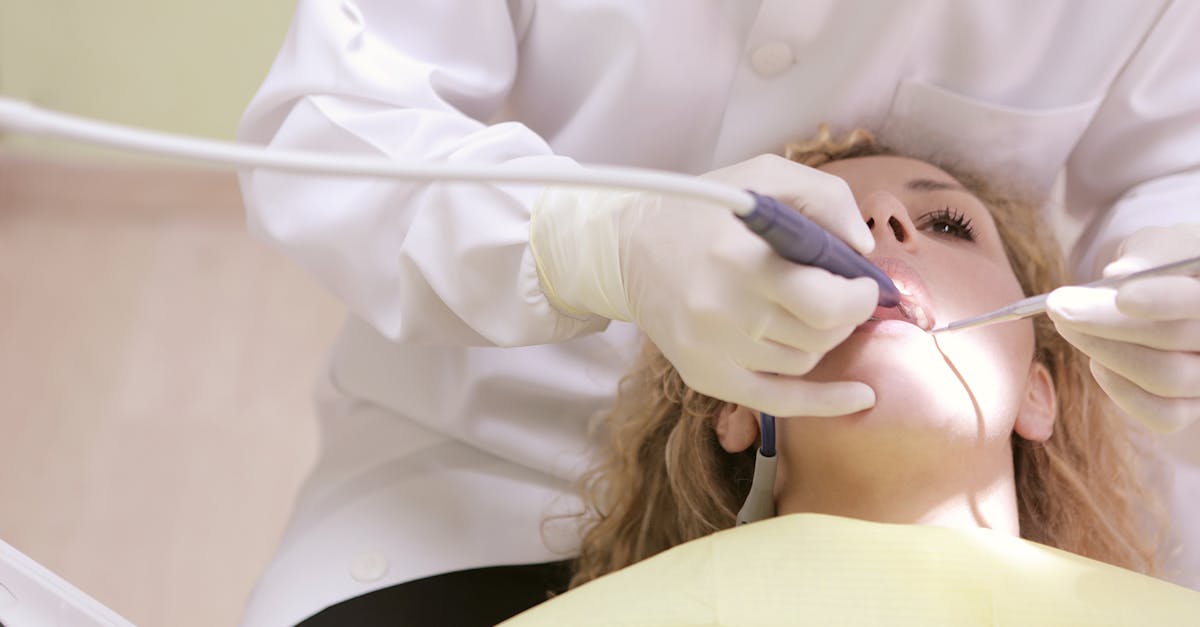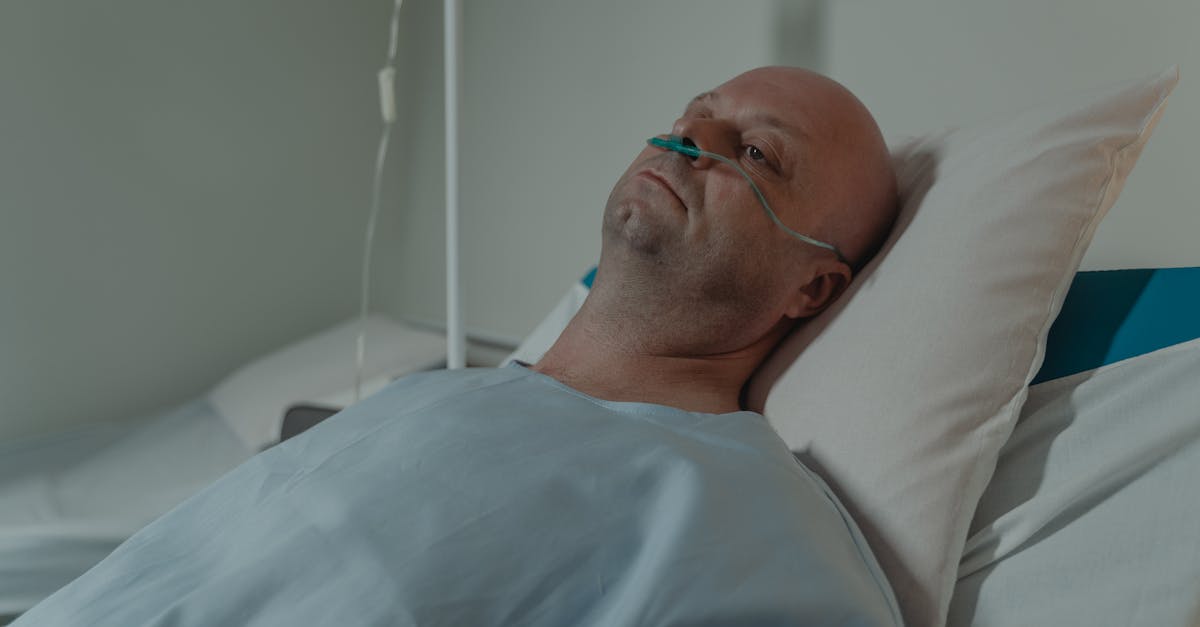Knee Pain Relief Techniques
Introduction
Knee pain is a common complaint affecting people of all ages, often caused by wear and tear, sports injuries, or medical conditions. Understanding its causes and finding effective relief methods can significantly improve quality of life. This article provides practical and evidence-based approaches to alleviate knee pain.
Advertisement
Understanding Knee Pain
Knee pain can result from various sources such as arthritis, tendonitis, or bursitis. Each of these conditions involves distinct symptoms—like swelling, stiffness, or instability—that require tailored approaches. To effectively relieve knee pain, it is crucial to identify its root causes.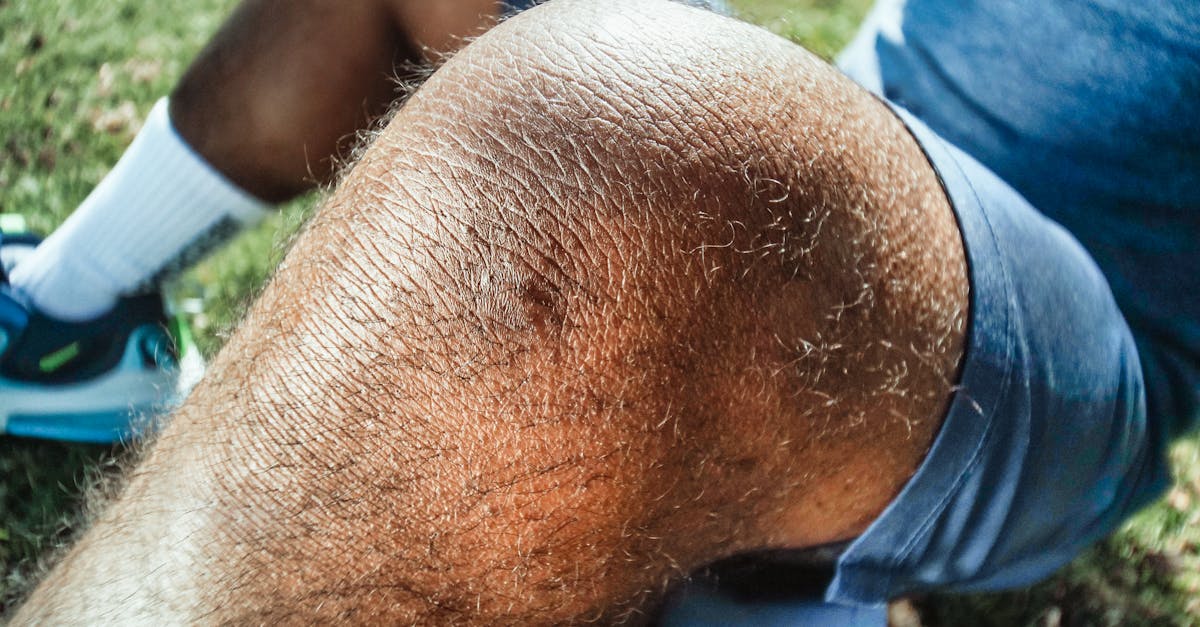
Advertisement
Exercise and Physical Therapy
One of the most effective ways to address knee pain is through targeted exercises and physical therapy. Strengthening the muscles around the knee joint can improve stability and reduce strain on the joint itself. Activities like cycling, swimming, and specific physiotherapy exercises are excellent for building muscle strength and enhancing flexibility.
Advertisement
Over-the-Counter Medications
Over-the-counter pain relievers, such as ibuprofen or acetaminophen, can be beneficial in managing knee pain. These medications reduce inflammation and alleviate discomfort, making daily activities more manageable. However, prolonged use should be monitored to prevent side effects.
Advertisement
Cold and Heat Therapy
Both cold and heat therapy can be effective in reducing knee pain. Ice packs alleviate swelling and numb intense pain, while heat pads increase blood flow, relaxing tight muscles. Alternating between cold and hot treatments can offer comprehensive relief from knee pain symptoms.
Advertisement
Weight Management
Maintaining a healthy weight is crucial for managing knee pain, as excess weight increases stress on the knee joints. Engaging in regular physical activity and adopting a balanced diet can help individuals achieve and sustain a healthier weight, thereby reducing knee discomfort.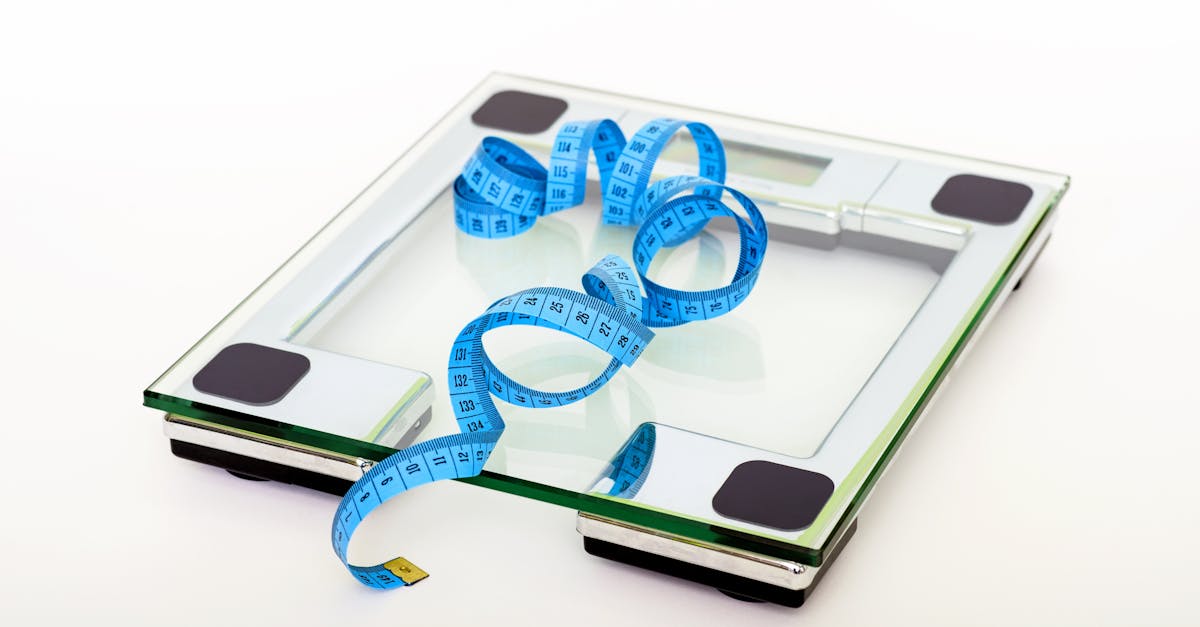
Advertisement
Supportive Knee Braces
Knee braces provide external support, enhancing stability and reducing strain during movement. They are particularly useful during physical activities, offering additional support to those recovering from injuries or experiencing chronic knee pain. Consulting a medical professional is recommended to select the appropriate brace.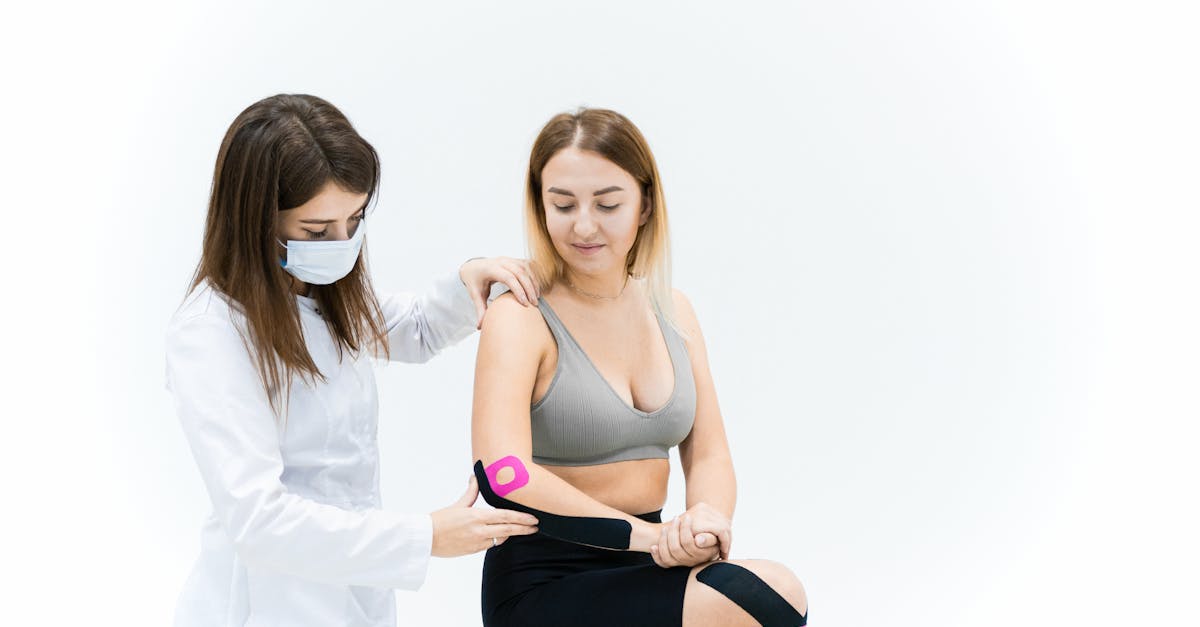
Advertisement
Alternative Therapies
Complementary therapies, such as acupuncture and massage, can offer additional knee pain relief. These treatments aim to improve blood circulation and alleviate muscle tension, contributing to overall pain management. Nonetheless, these should be considered as part of a comprehensive treatment plan.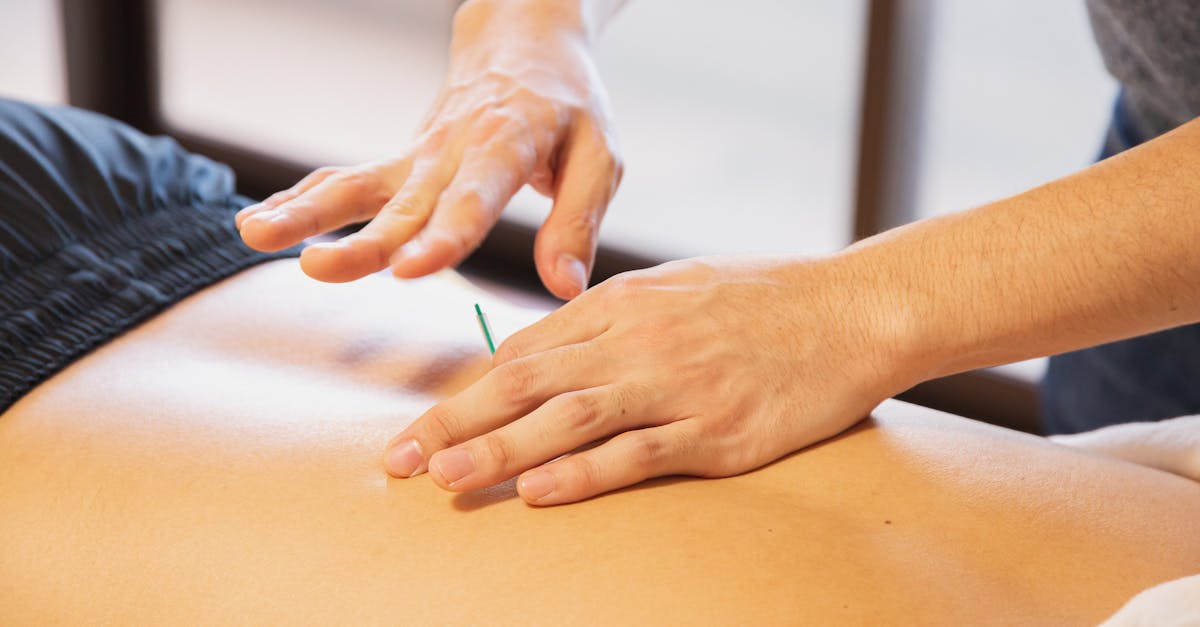
Advertisement
Surgical Options
In cases where non-surgical methods do not provide sufficient relief, surgical intervention might be necessary. Procedures like arthroscopy or knee replacement are choices for severe cases. Consulting an orthopedic specialist can help determine if surgery is the best course of action.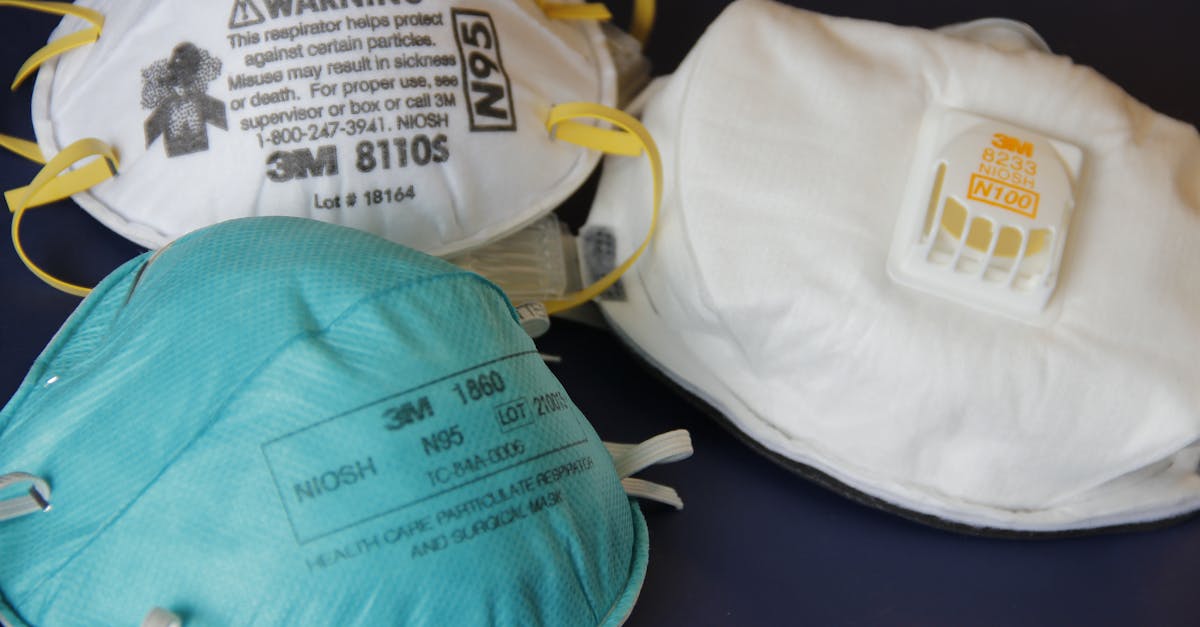
Advertisement
Conclusion
Finding effective knee pain relief involves a multi-faceted approach tailored to individual needs and pain sources. From exercise and medication to supportive devices and alternative therapies, numerous options aid in alleviating knee discomfort. Consulting healthcare professionals is essential for devising a personalized treatment plan.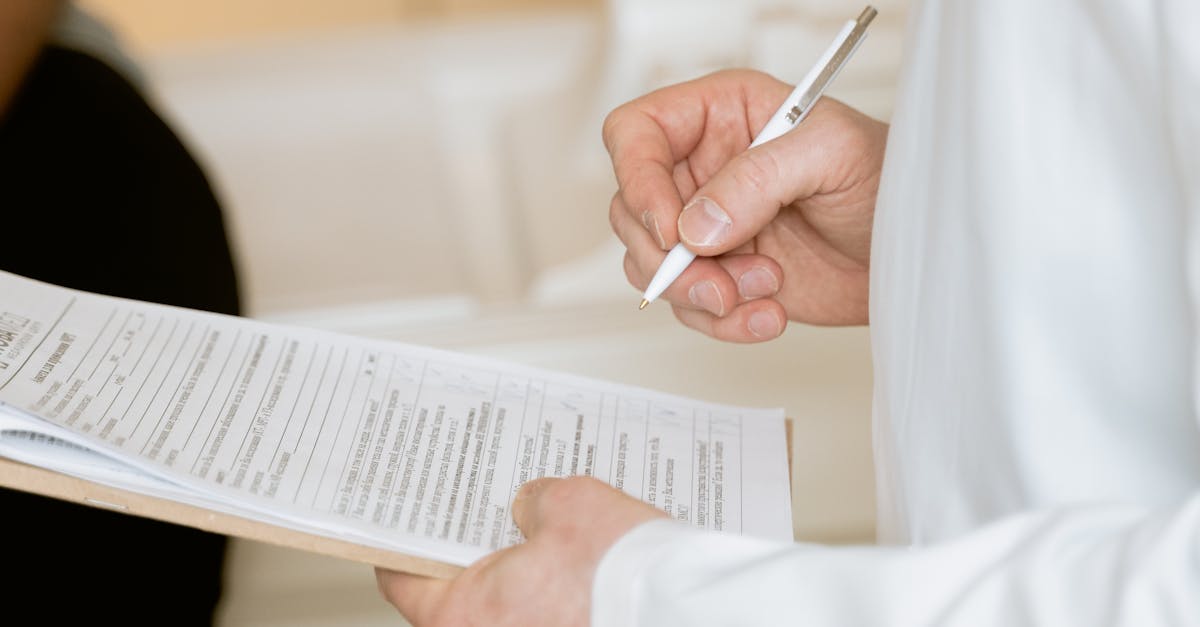
Advertisement
